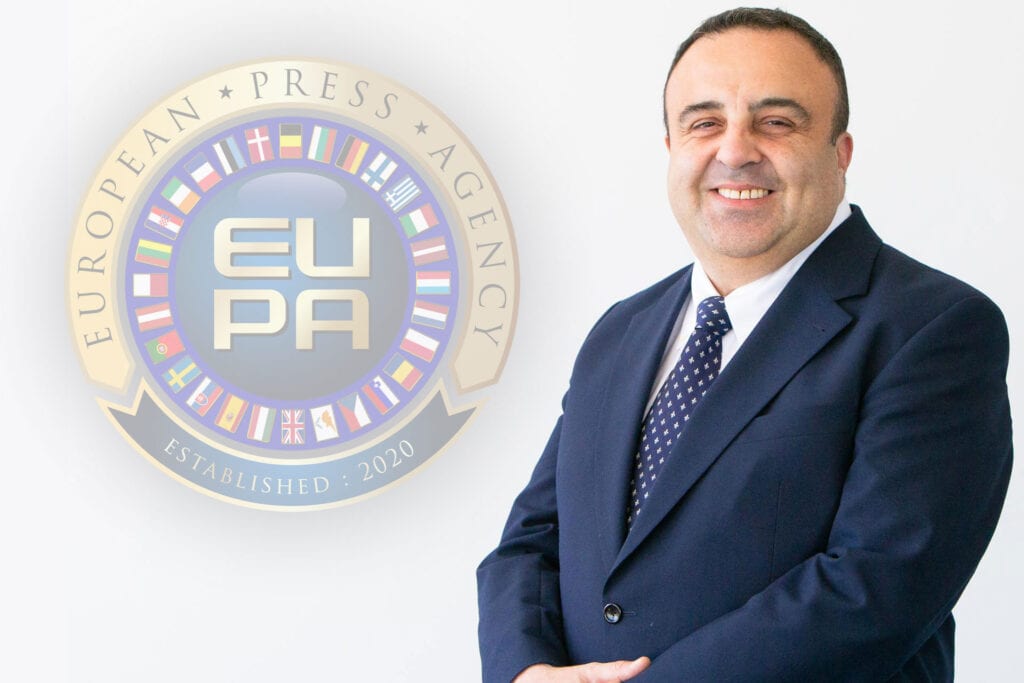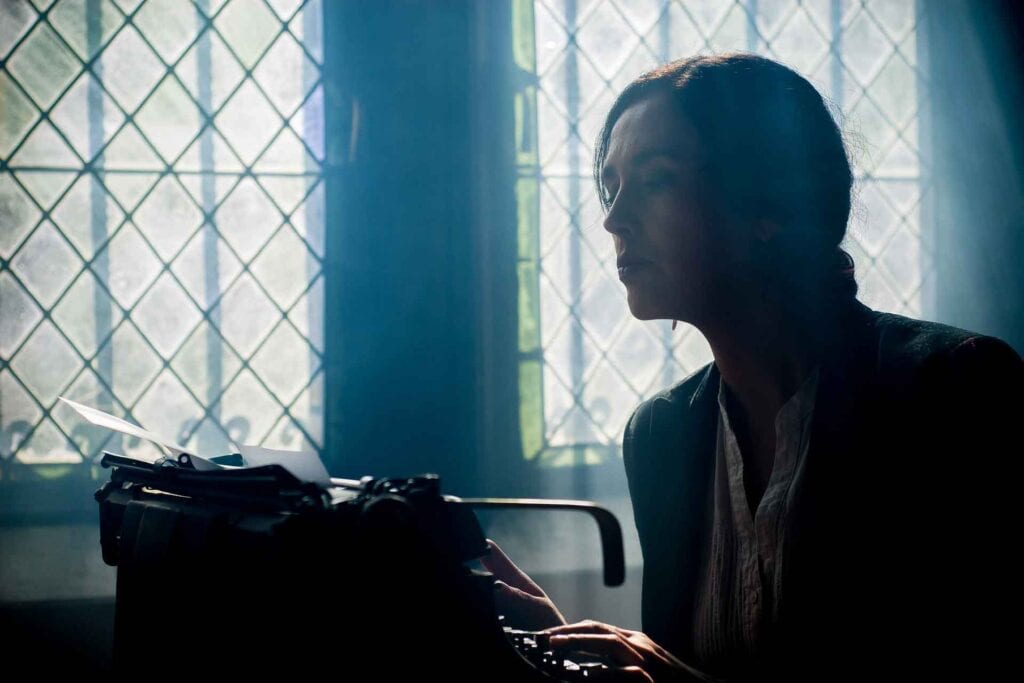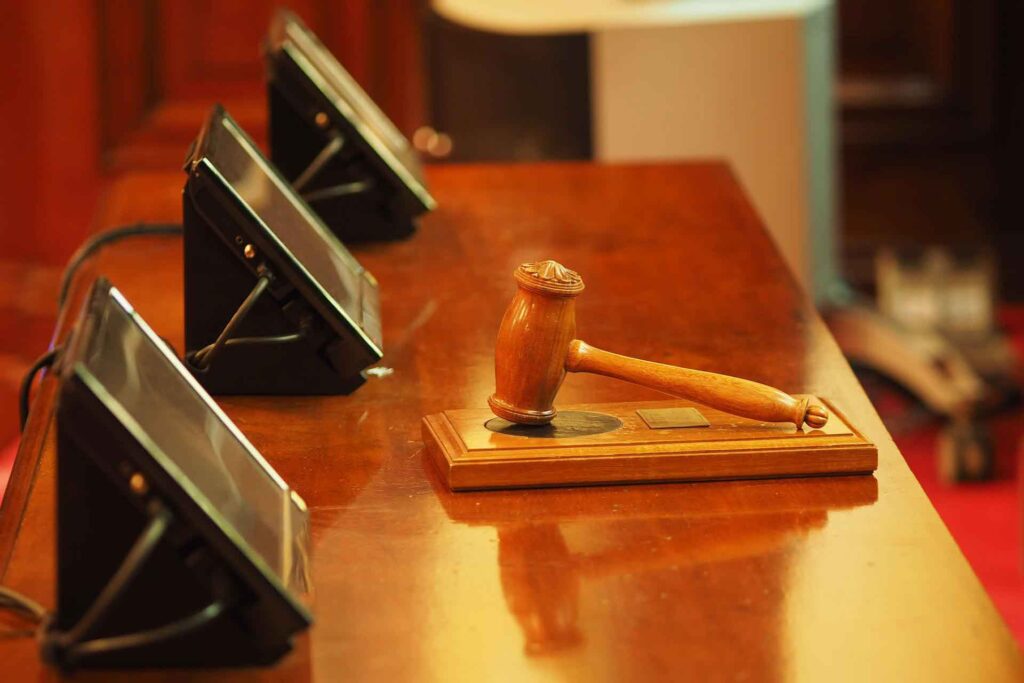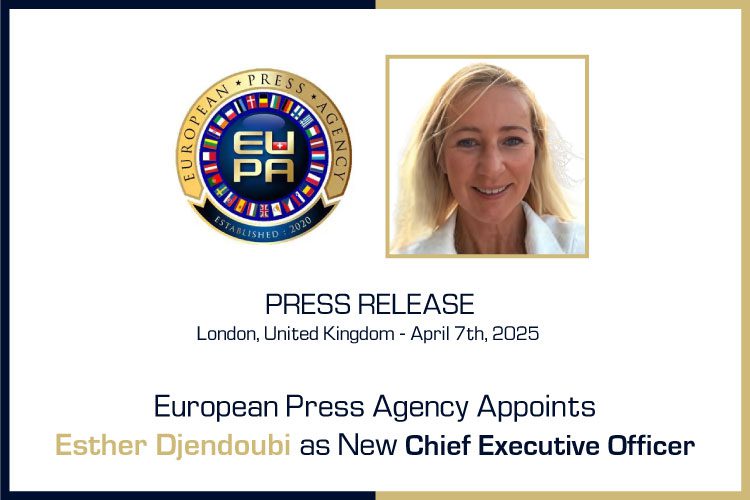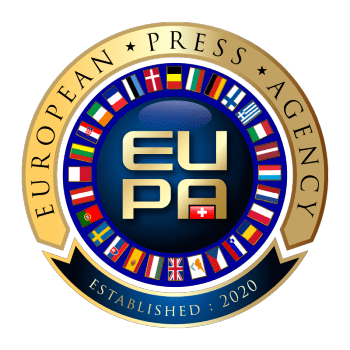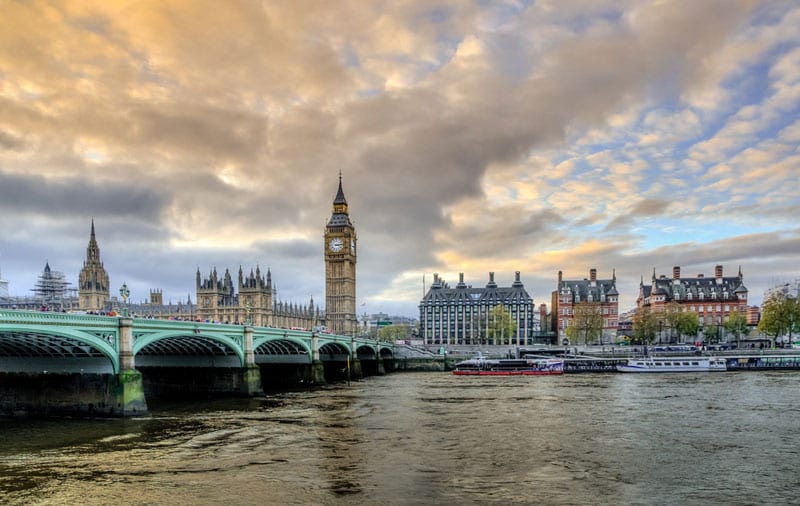An encounter with Marc DESCHENAUX, Founder of the European Press Agency EUPA
First, why did you decide to create the EUPA?
Well, I think the media world has evolved very much during the last years, unlike its supporting structures. Nowadays, we observe a growing independent orientation, certain media being entirely managed by one single person.
These in particular usually don’t benefit from an agency’s assistance, nor of their peers one. Therefore, it seemed essential to me to bring them legitimacy, in order to strengthen their position and confer them a true professional recognition. Being a member of a press agency also allows all kind of content producers to assert their rights, which are much too often denied or violated.
What makes the EUPA different of other existing press agencies?
As their name indicates, press agencies are concerned by the press, while the EUPA is a media agency. We do not limit ourselves to newspapers or TV channels, but also offer our services to all forms of media, including hybrid ones, which create by their very nature a media-diversity, like influencers or bloggers. As a result, the EUPA is a better answer to the sector’s intrinsic situation and a wider response of its actors’ needs.
According to you, what is the function of informers in the present world?
Today, everyone is a potential informant. The proportion of covered information has increased exponentially, because every individual owning a smartphone is already equipped with a microphone, a recorder and a camera. The multiplication of data sources enhances both the amount of available information and the number of auditing means. In our times, an informer plays a leading role, and may even have a significant impact. On documented police action cases, like Georges Floyd’s and Daniel Prude’s scandals for instance, the informers’ influence was clearly noticeable.
What is a qualitative journalistic work?
This question shall lead to a very long answer. At the start, it consists of a presentation of the facts, ideally backed into their context. We may also be expecting a synthesis coming out the author. Regrettably, in many shows, articles, investigations and publications, controversies prevail over the facts. Today, we would tend to consider as qualitative a politically correct journalistic work. However, politically correct is precisely what media shouldn’t be…
Media are responsible for the public eye on facts, institutions, situations and justice, with the tremendous power it confers them. Consequently, they have to remain neutral, or at least to present the facts impartially and in a critical manner. Gazes that kill should be avoided. For instance, when the swiss press talks about start-ups or new entrepreneurs, it often focuses on risks and failures. And then, everybody complains on the lack of available jobs!
What is your personal point of view about liberty of expression and censorship?
For me, liberty of expression is something fundamental, and the EUPA is strongly involved at its service. In some parts of the world, it’s severely violated or even nullified with great reinforcements of violence. Nowadays, in the western world, I assume it’s not really threatened, thanks to the internet. The freedom of opinion, in the opposite, is severely undermined. Indeed, any not politically correct speech will tend to be mocked or derided. When you express an opinion differing from the dominant thought, you end up labelled, ostracised and discredited.
Which question haven’t I asked you that you would have liked me to ask you?
The missing question is to know if the EUPA will be able to provide influencers, bloggers or independent content producers the same strike force as mainstream media have. The answer is that I don’t know if we’ll be successful, but we’ll do our best to reach this goal!
An interview conducted by Marie Majkowiez in April 2021
